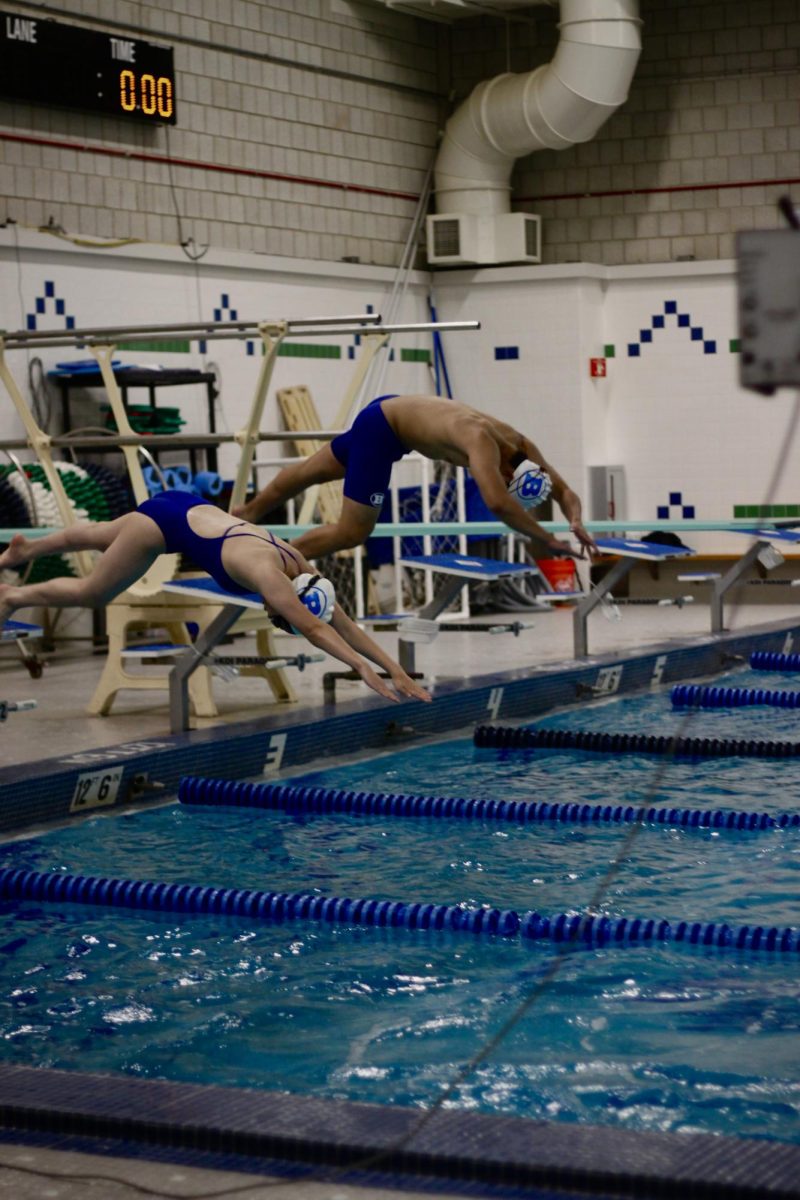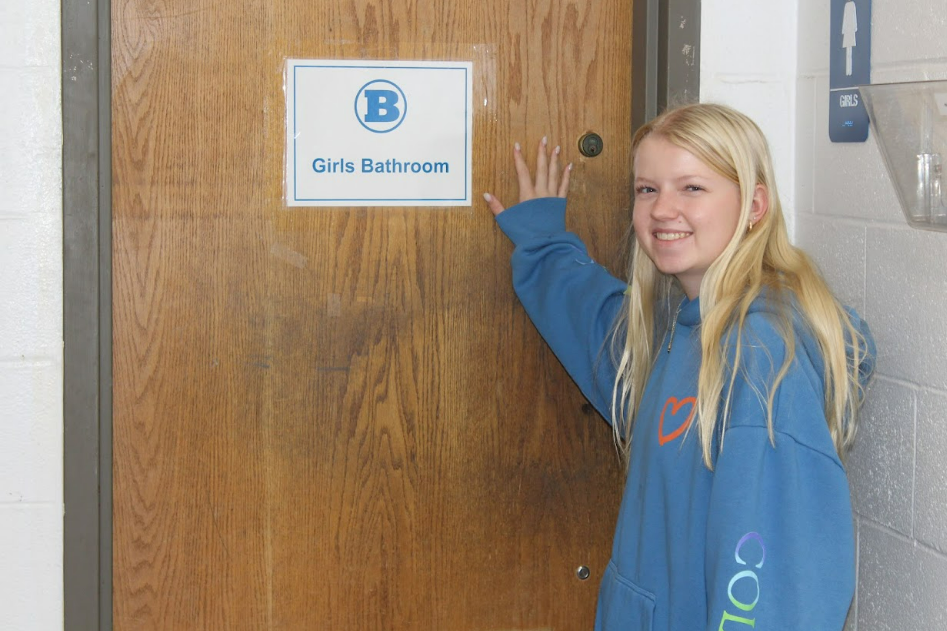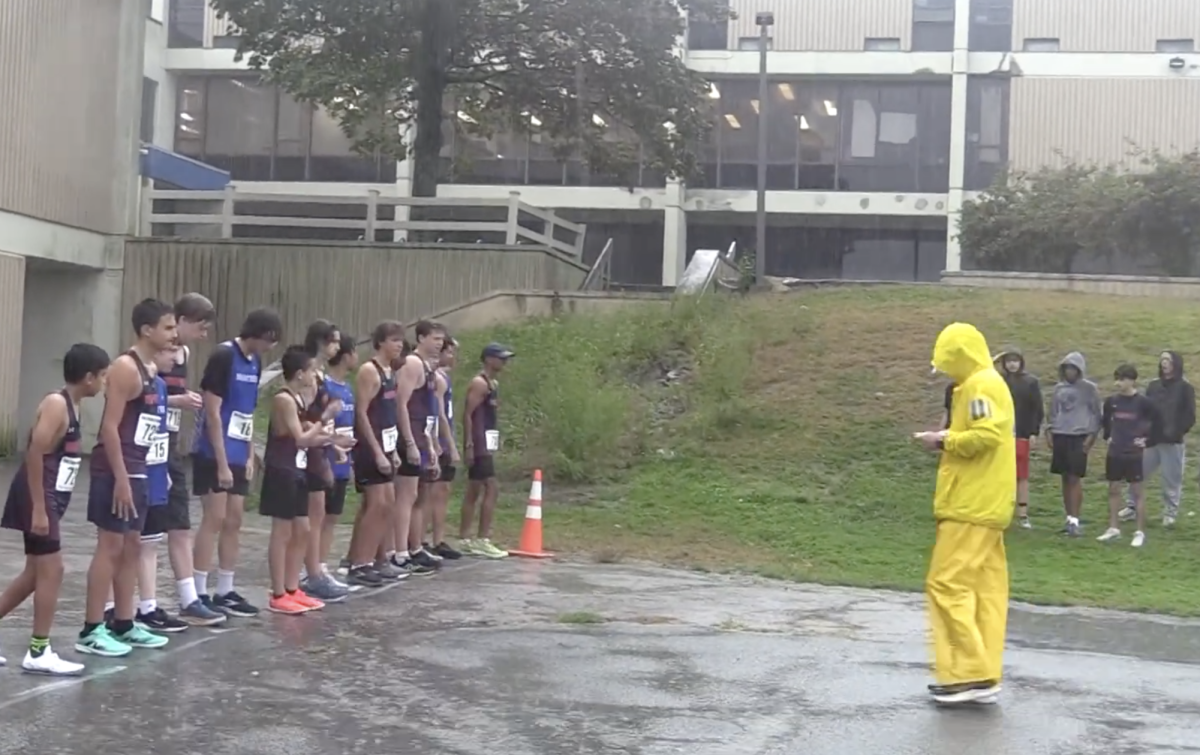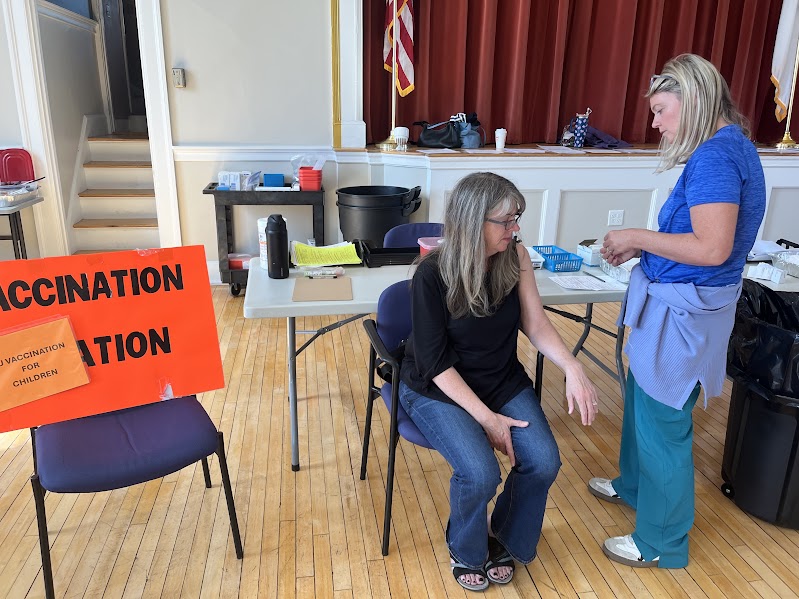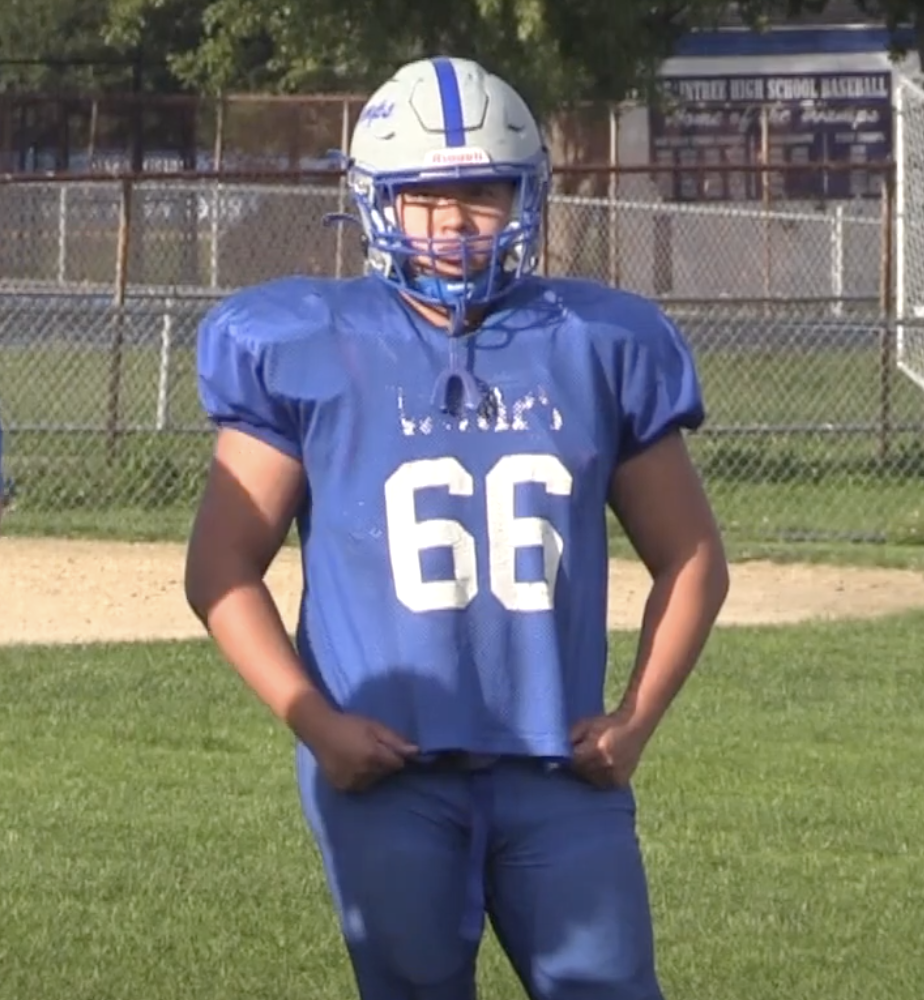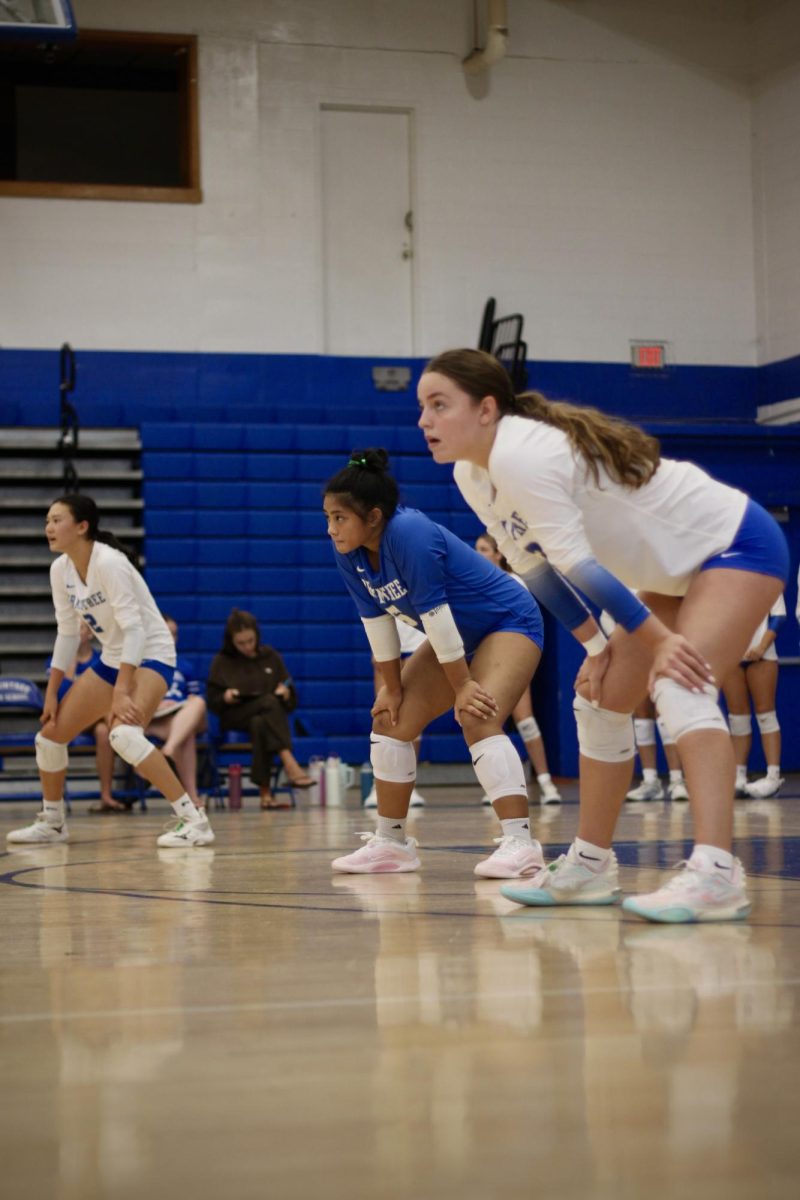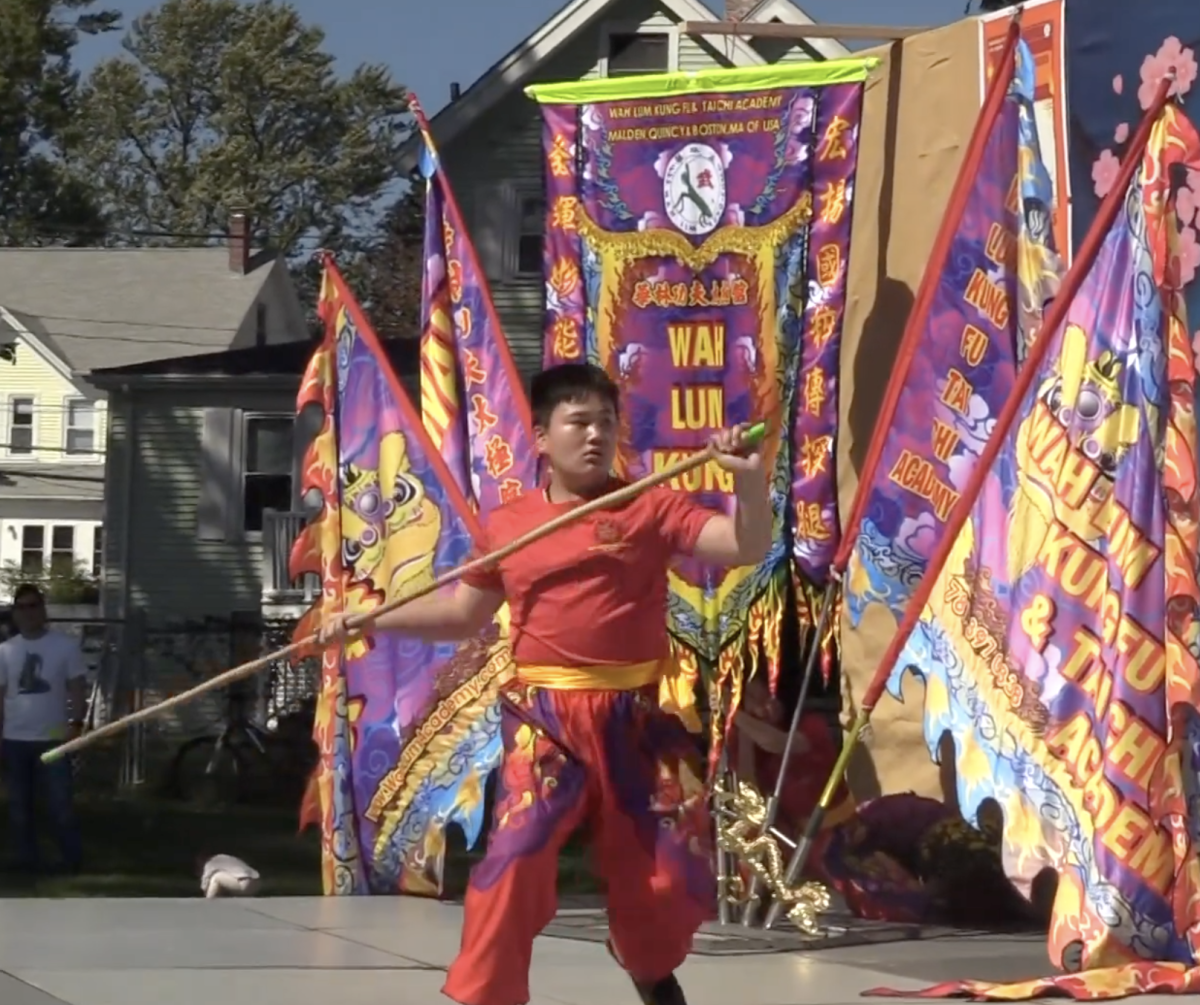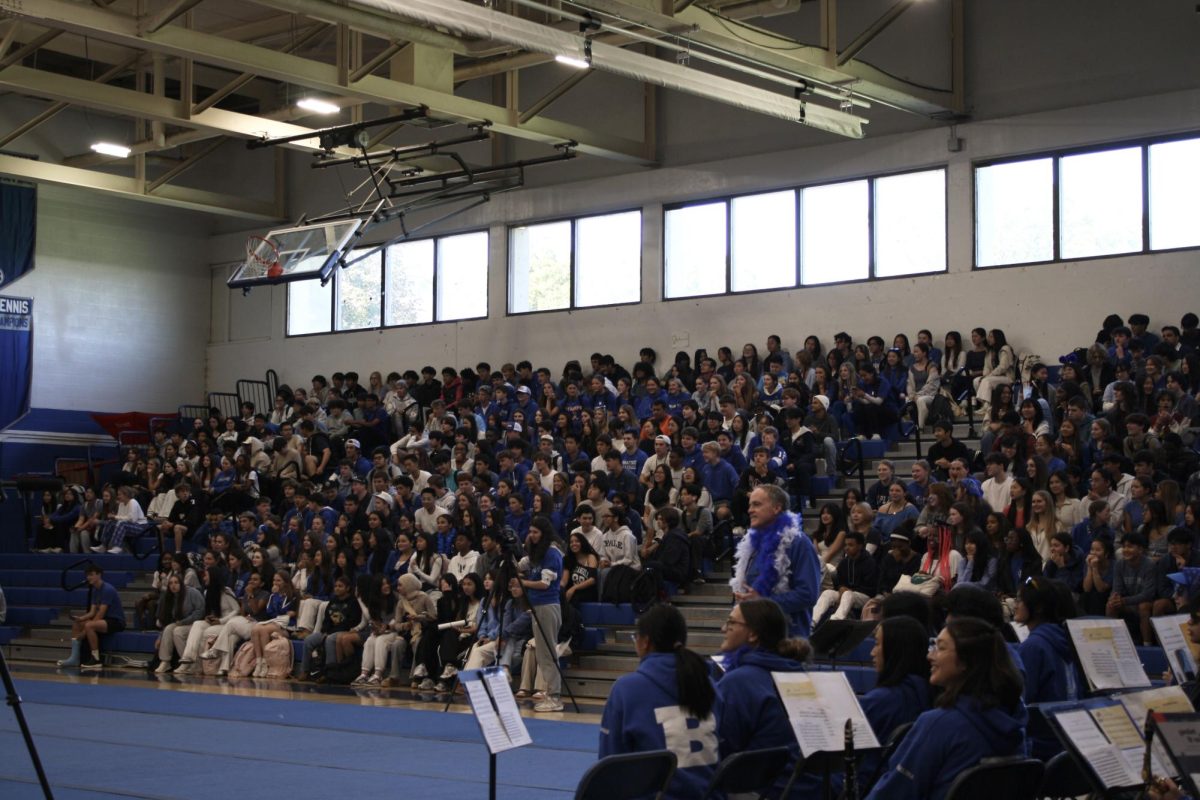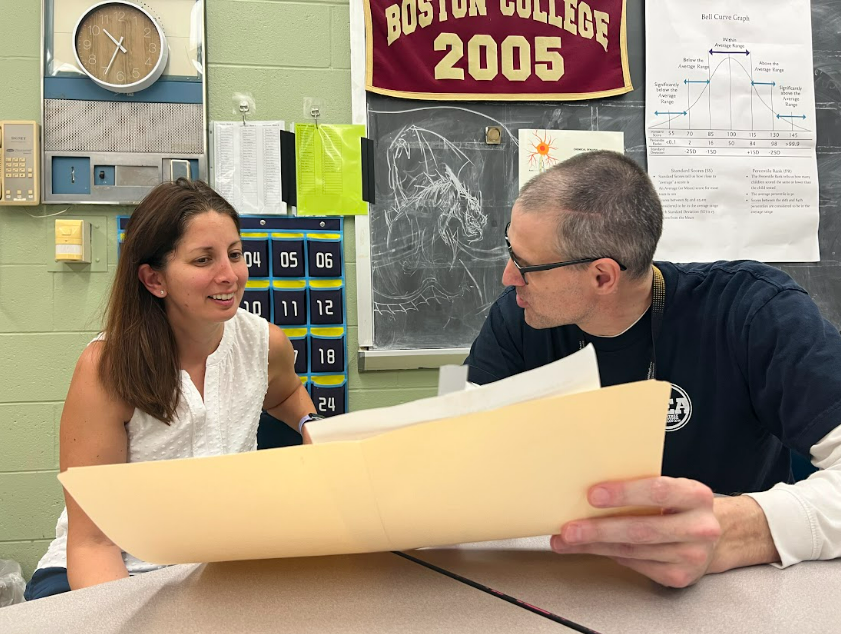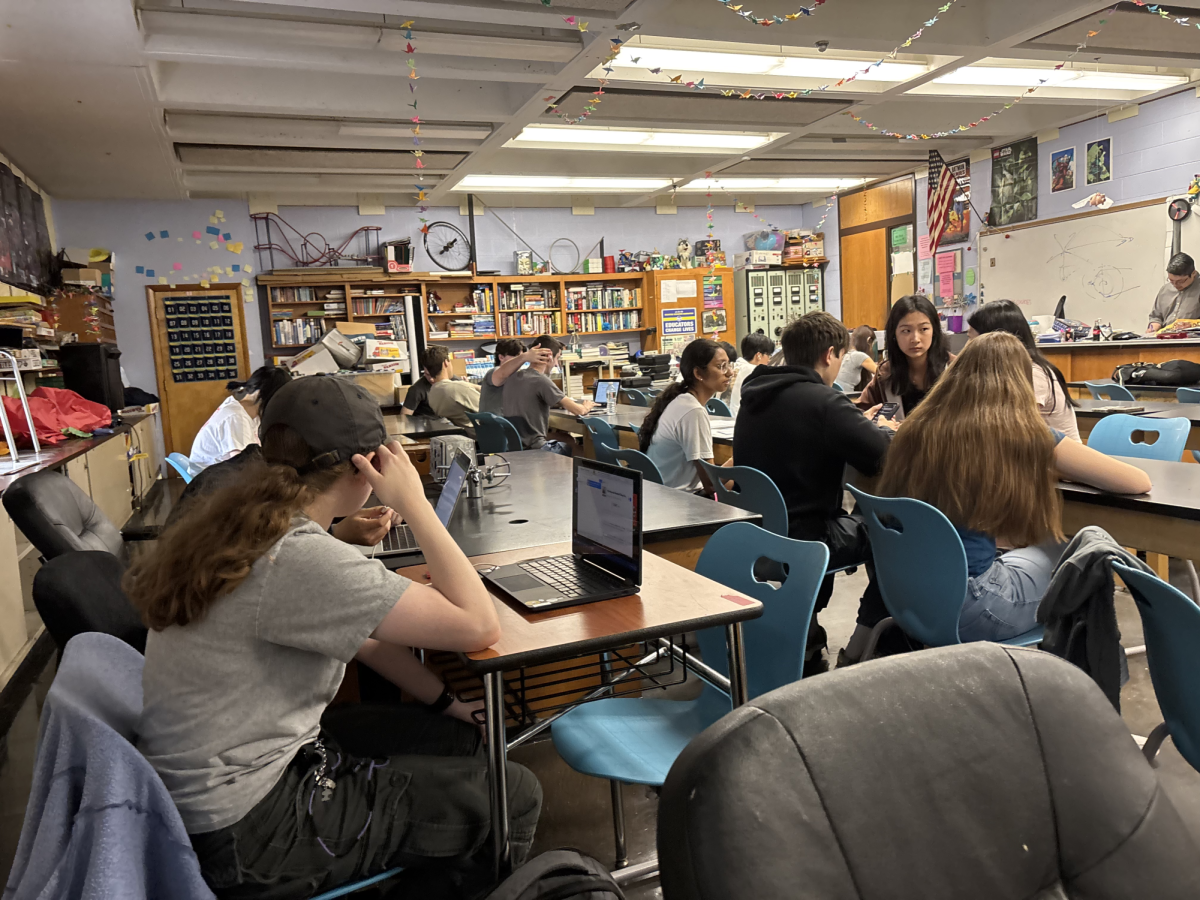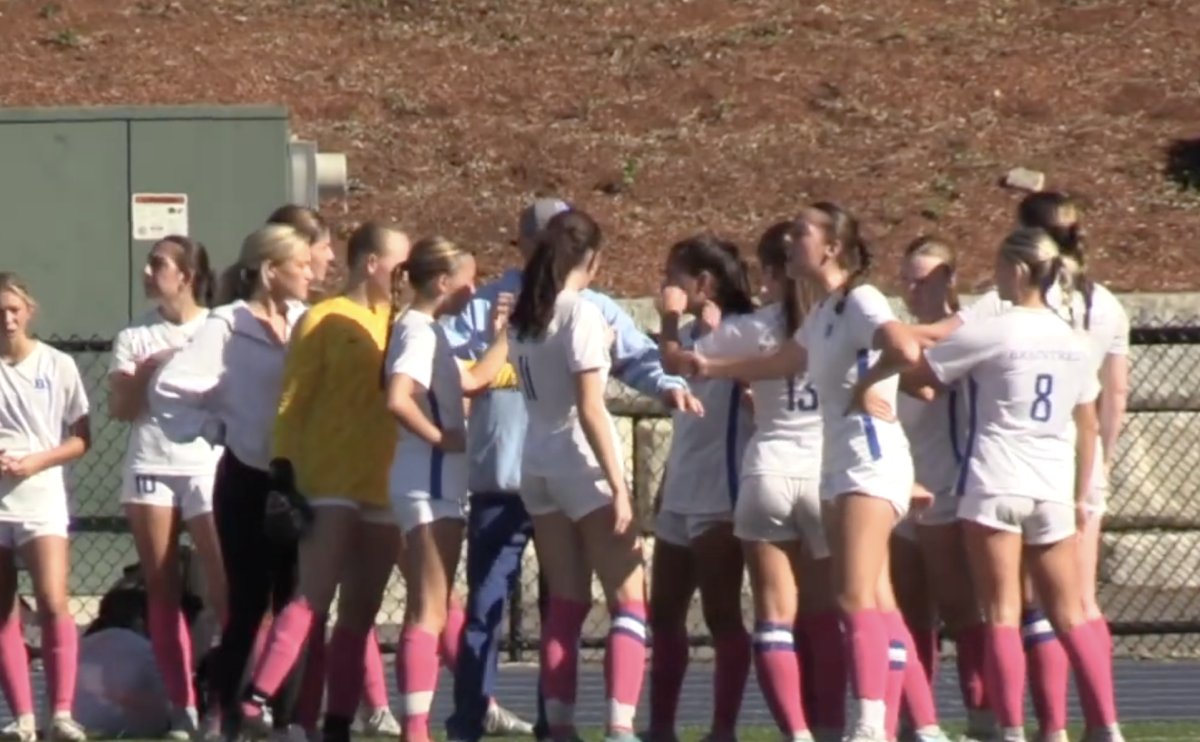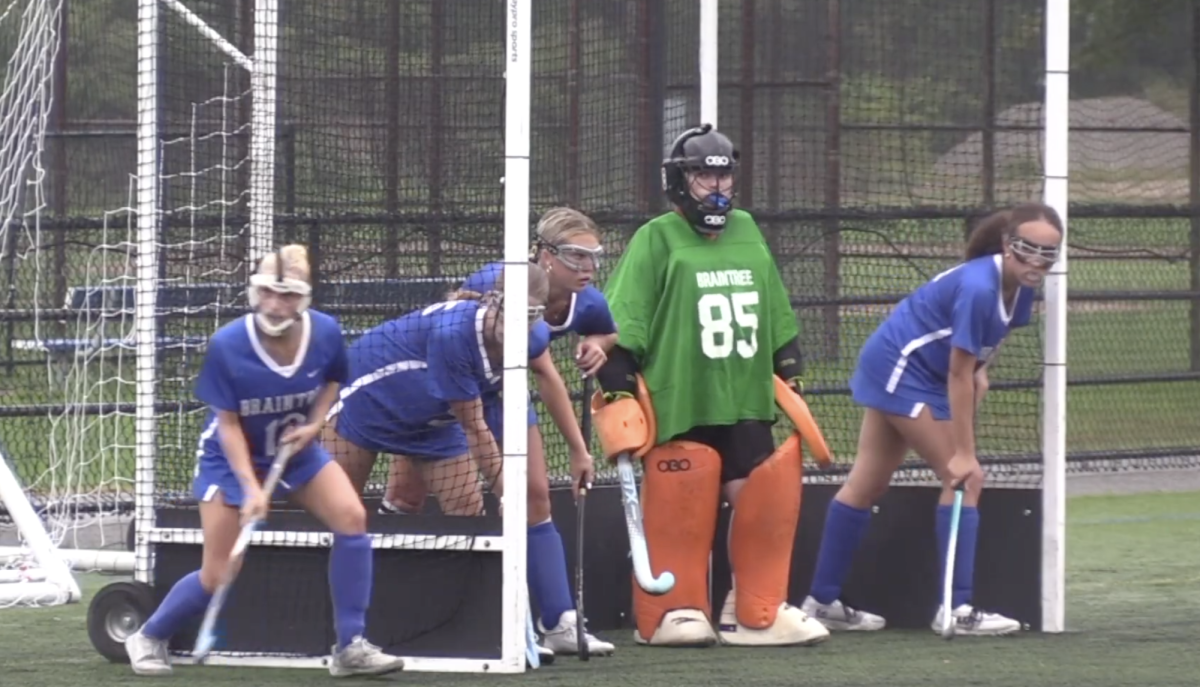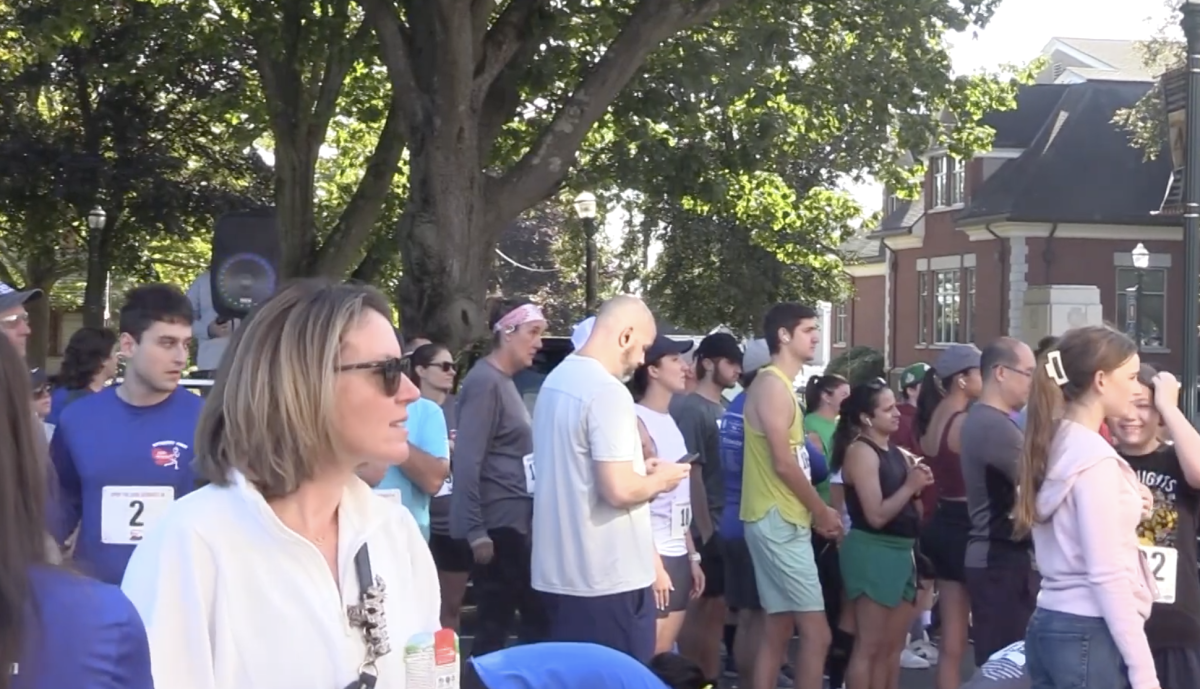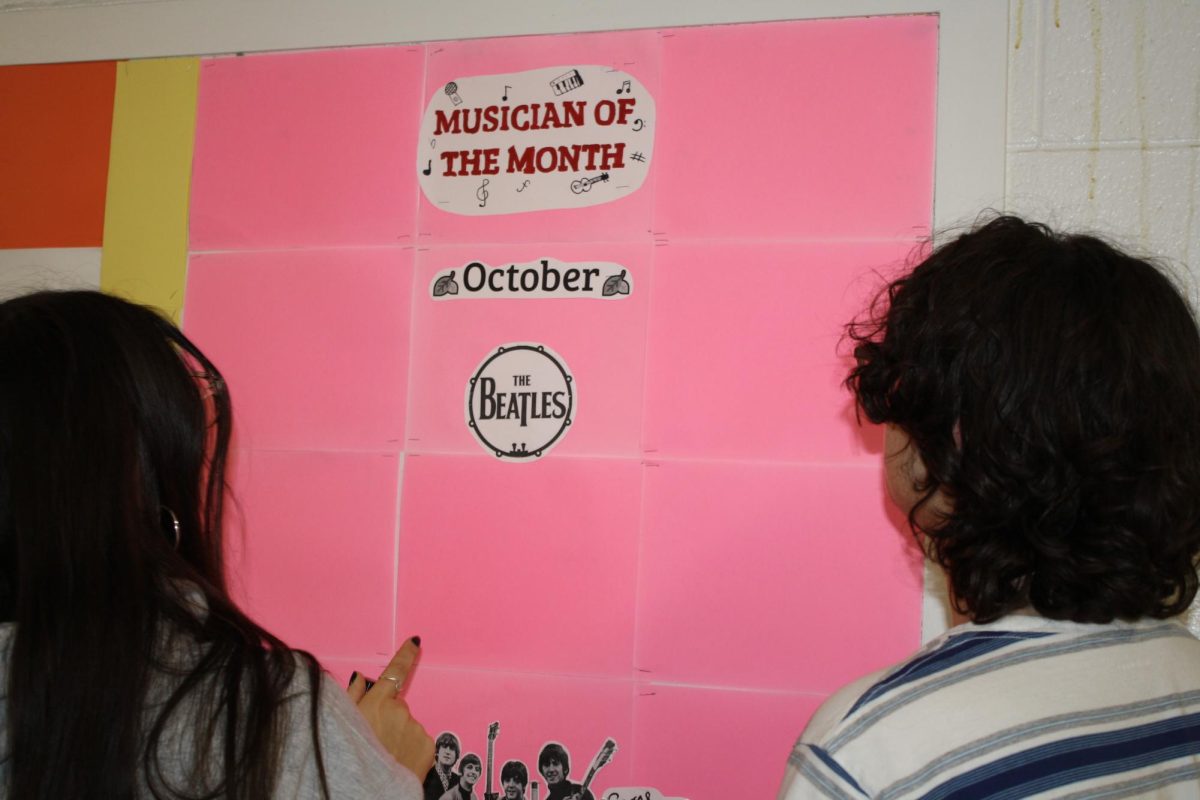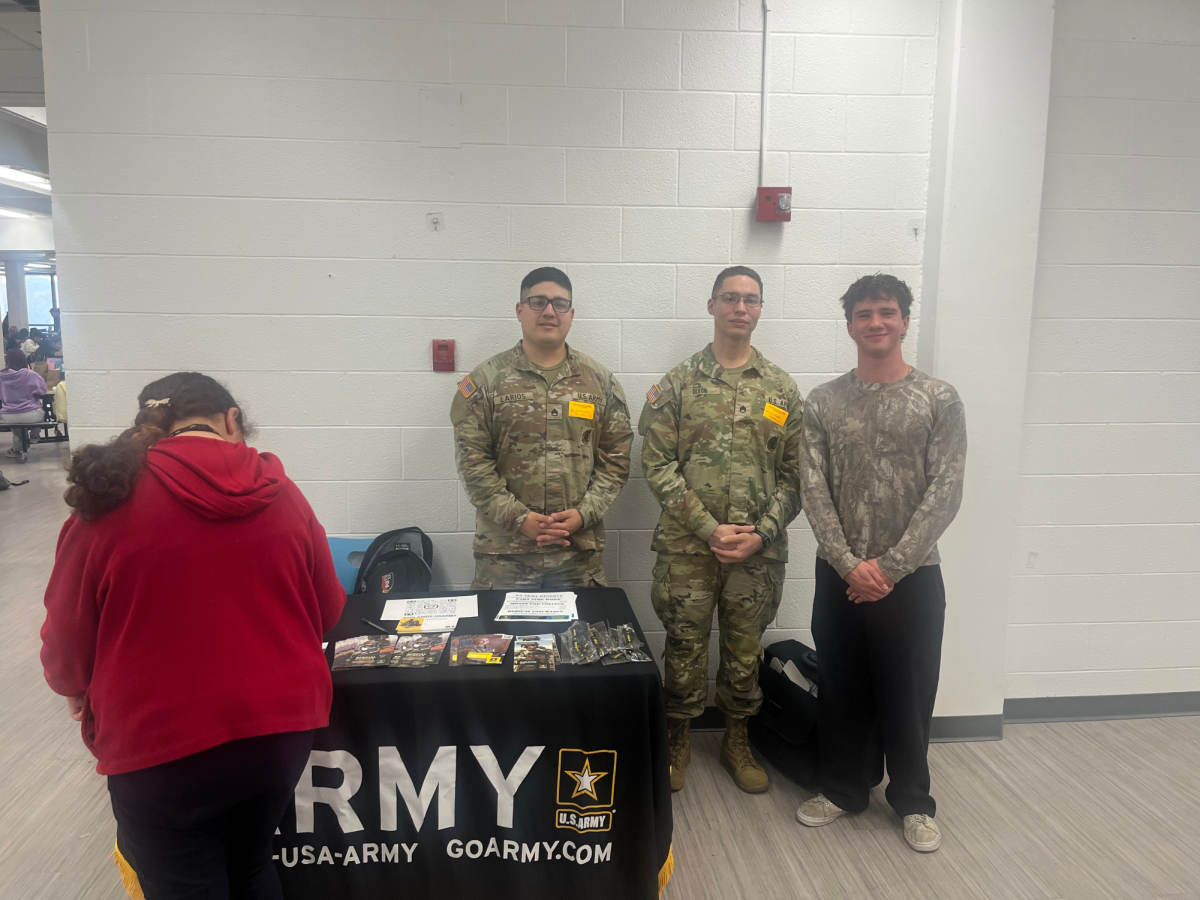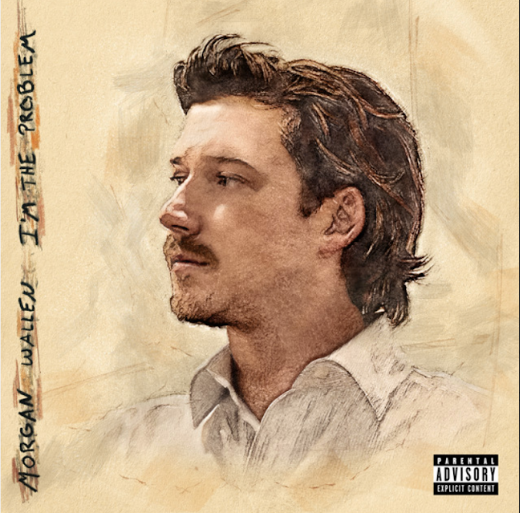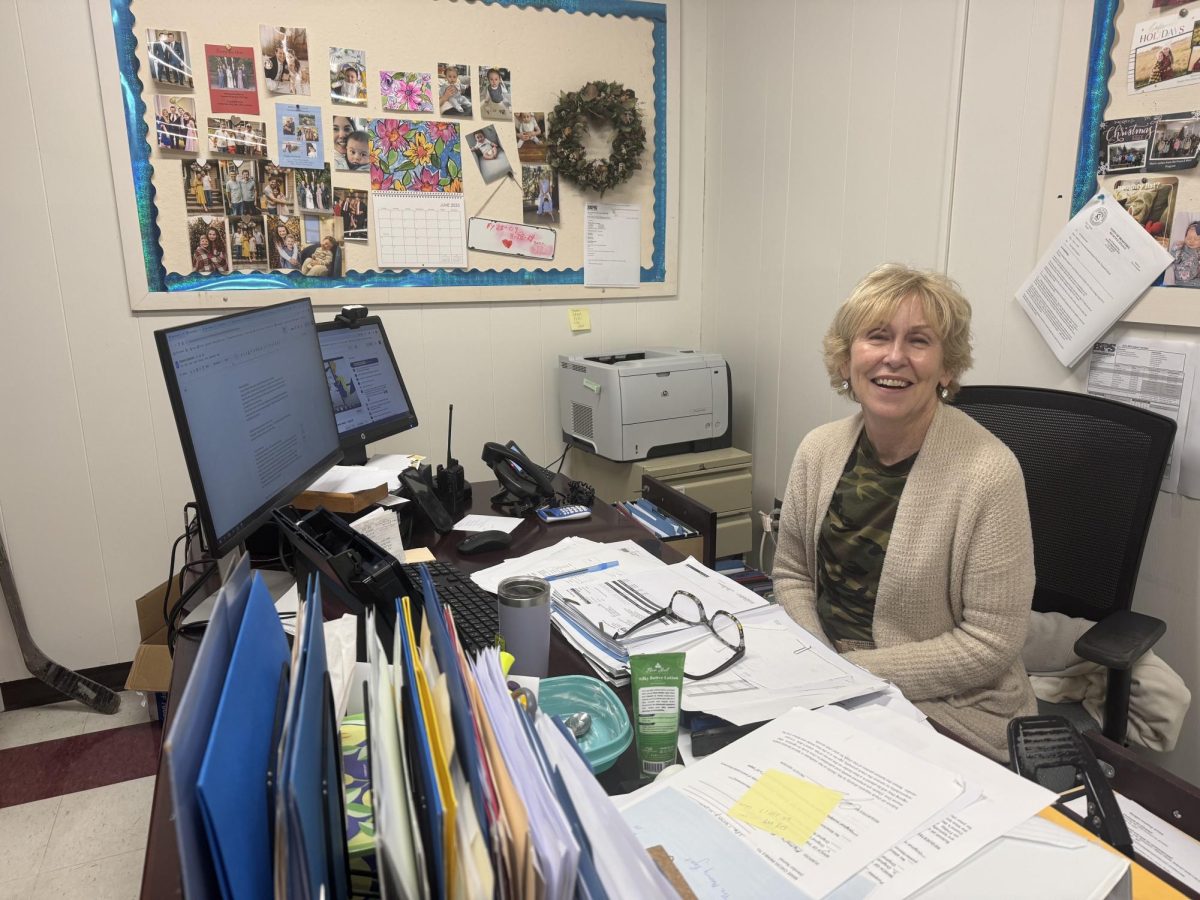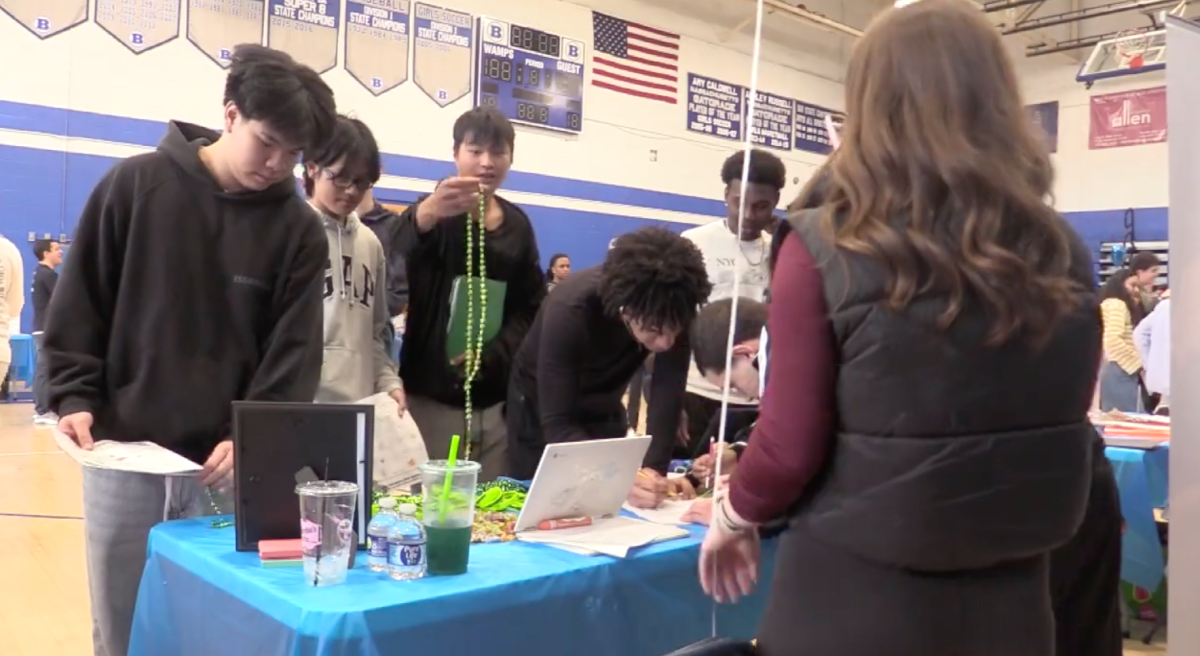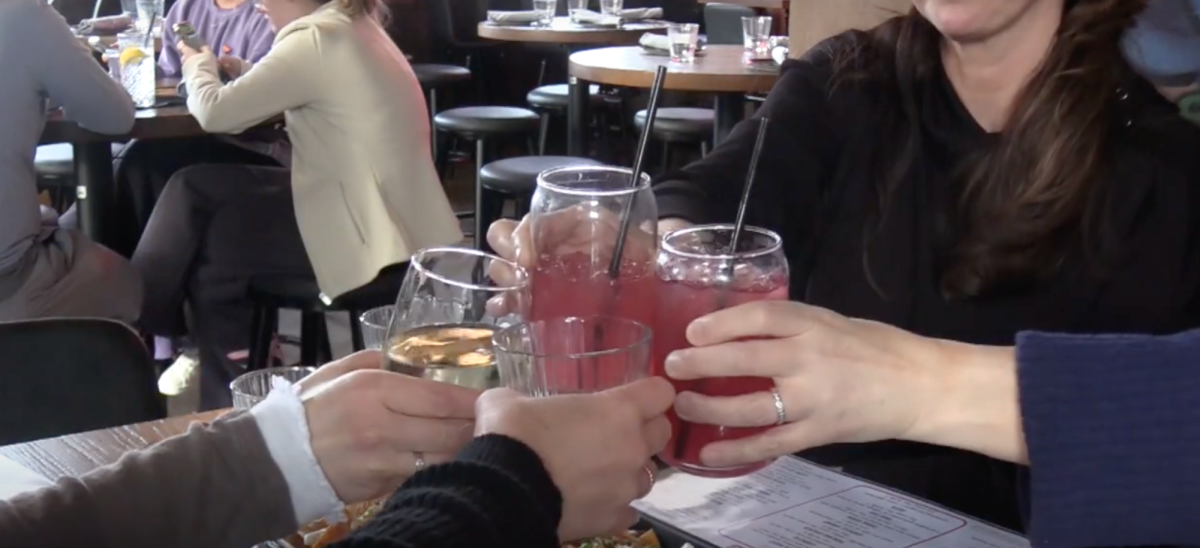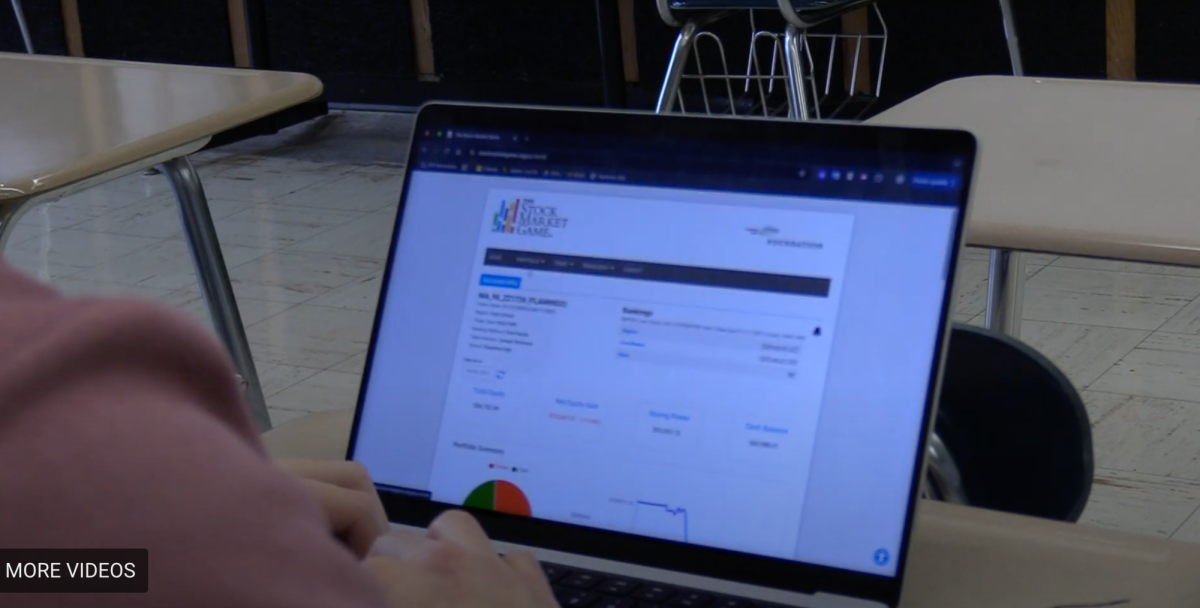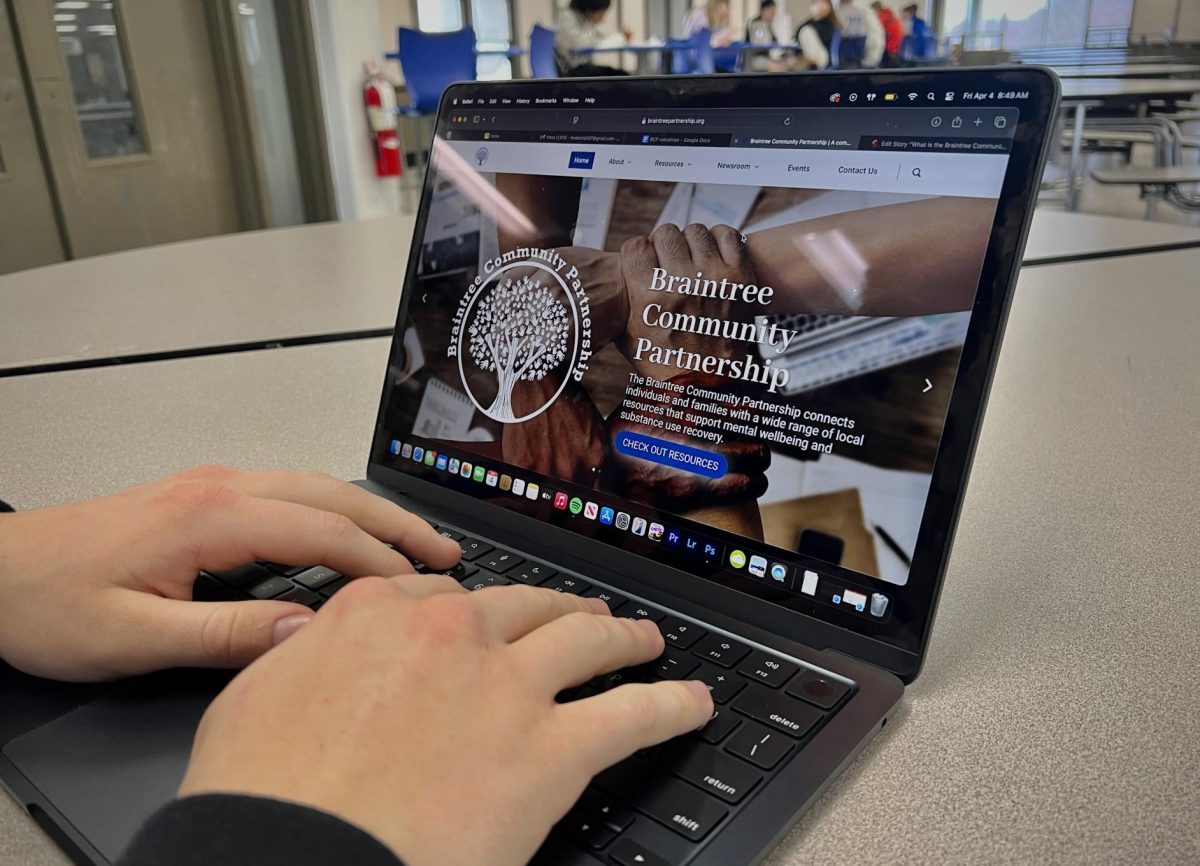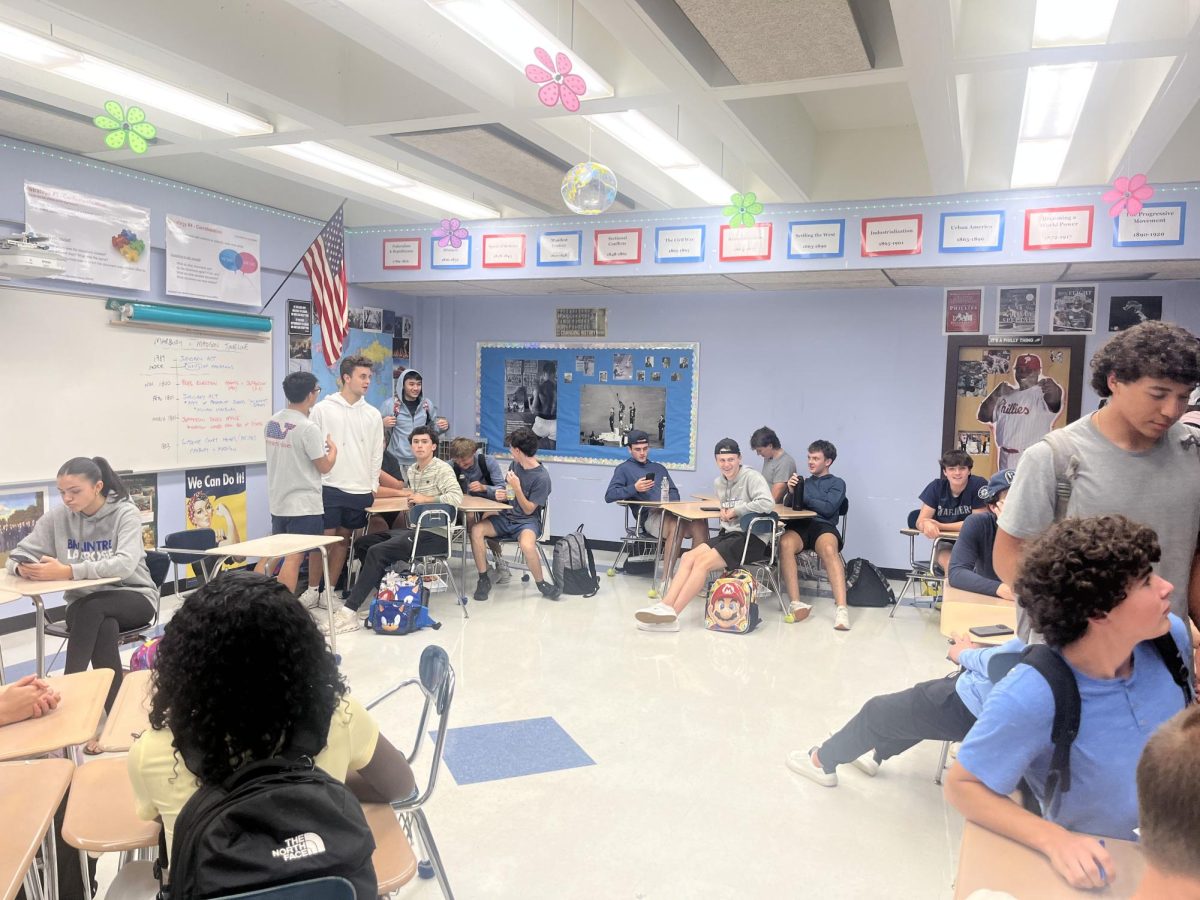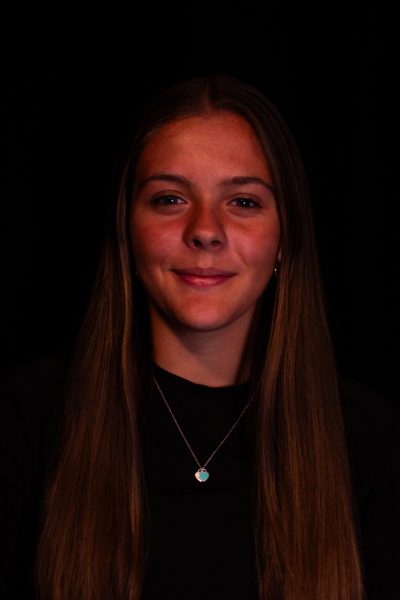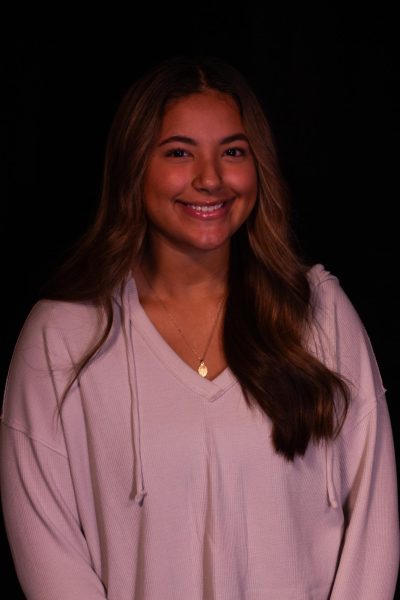The chance to see and explore the world has been glorified in America’s society for quite some time. There are 195 globally recognized nations in the world that make up who we are genetically with our DNA as well as who we are mentally with our personality. Roughly 3% of the American adult population obtains dual citizenship. 3% is a small part of the world’s population, therefore, it is rare to find someone who may have dual citizenship in their everyday life. Even though globally that number might be small and rare; BHS has students and faculty within their own walls who currently have dual citizenship.
Maya Cheung is a current sophomore at Braintree High School. Maya grew up with
American citizenship, as she was born in the United States. In addition to her
American citizenship, Maya also holds citizenship in Japan.
“My mom registered me at the Japanese Embassy when I was born,” explained Maya.
Maya has had dual citizenship since a young age and is not the only one in her family to obtain this status. For Maya to have the opportunity to obtain citizenship in Japan, a requirement is for one parent to have Japanese citizenship themselves. This was not hard for Maya, as her mother was born in Japan, and kept the culture instilled in her family.
“I visited Japan almost every summer until Covid.”
Maya enjoys both the U.S. and Japan, but at a certain point in her life, she will have to choose between her homeland and her cultural land.
“Japan does not allow dual citizenship for 20 years old or older, so I have to choose either Japan or the USA when I turn 20.”
Renata Rodriguiez is also a student at BHS who has a unique cultural background. Renata is not originally from America, as she was born in Mexico and has her green card for America as she moved to the States at a young age.

For Renata and her sister, it took both of them four years to receive their green cards.
“We had to go to interviews and many meetings in order to get the green card.”
Both of Renata’s parents are from Mexico themselves and even though the family now lives in America, the family still spends a good amount of time in Mexico.
“I do visit often; I visit once a year during the summer, and I usually go for a month.”
Like Renata, Ms.Mattar, a French teacher at Braintree High School, also has her green card in the U.S. as Ms.Mattar is a citizen of Lebanon.
“I was here for 5 years but applied at 2 and a half years.”
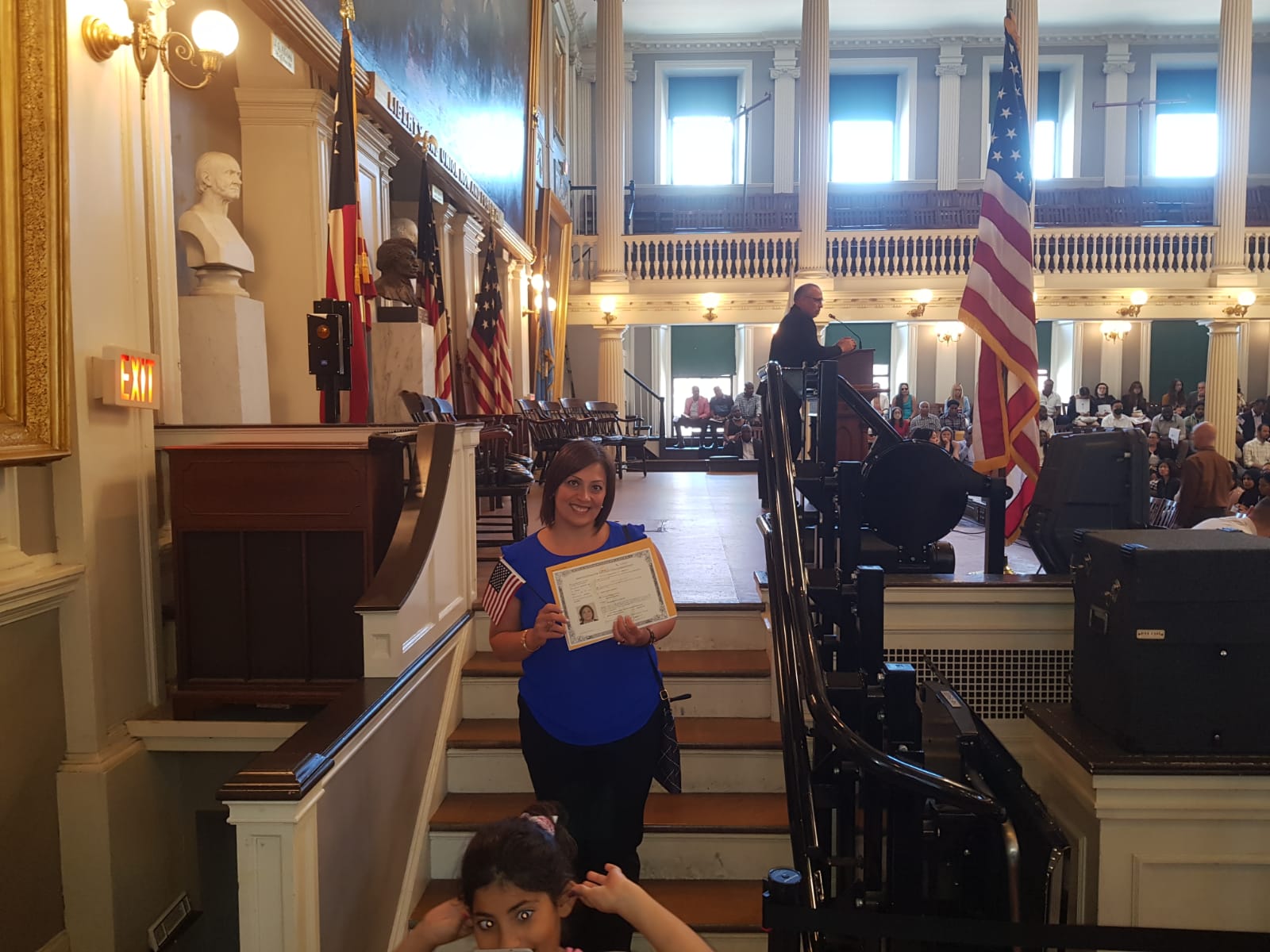
In order to become an American citizen, foreigners have to be permanent residents for at least five years. Ms.Mattar applied for her green card at the two and a half year mark, but did not get her first official appointment until she completed her full five years.
“First you do the application when you are eligible, you wait for around 4-5 months, after that, they send you to do the fingerprints, after the fingerprints, they set you an appointment.”
Going into her appointment, she had to be familiar with the answers to one hundred questions; however, not all were being asked. The officer administering the test picked, “about 5 or 6”, making it so that she had to think of the answers at the top of her head.
“So usually, when you fill out the application, you begin to study… You have to study a booklet of 100 questions and they ask you about 5 or 6 out of the 100.”
Life in Lebanon is a bit different; however, Ms.Mattar visits every summer after the long school year.
“I go 4 weeks every time, one year I stayed up to six.”
The trip to Lebanon is a long one, so making the best of it is important. It takes about 14 hours to get there by plane so Ms.Mattar enjoys her time overseas during the summer, visiting family, and enjoying her time at home. But things are not always so bright and happy.
“Our politicians are thieves,” said Ms.Mattar
They are known for stealing money for themselves and not giving back to their people as they should, and the people of Lebanon have restricted electricity and hot water.
“We get electricity for two hours a day.”
Things were not always the same; however, with the war, times have been tough and the people are being stripped of their everyday necessities.
“It wasn’t always like this in the past 10 years.”
Having the door open to learn about other cultures and other parts of the world is a great privilege by being surrounded of people who are of all different ethnic backgrounds and stories.

